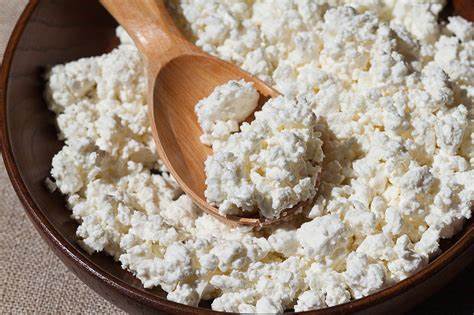Fruits
Fresh fruits such as bananas, berries, melons provide, apples, oranges provide a daylong energy boost. Fruit is a perfect package of fiber, natural sugars, antioxidants, vitamins, and other micronutrients. Fruits are often high in fiber, which can help steady blood sugar levels.
Flaxseeds & flax meal
Ground flaxseed is a great addition to breakfast bowls or baked goods. Just two nutty-flavored tablespoons contain the daily recommended value of heart-healthy fats. Word to the wise: grind flax first. The body doesn’t digest whole flax seeds, so either buy a pre-ground aground flax meal or grind it yourself in a spice or coffee grinder.
Nuts & nut butter
With protein, healthy fats, antioxidants, vitamin E, amino acids, and more, nuts are an energy-boosting powerhouse. Nuts are good for your body, your memory, and your productivity.
Coconut
A coconut is about the same size as the human brain, and maybe there’s a reason for that. The medium-chain-triglyceride fats found in coconuts have been linked to heightened brain function and overall improvements in the body’s use of energy during the day.
Coconut is super versatile, too. Add shredded coconut to oatmeal or smoothie bowls for sweetness and crunch. Or use coconut milk in place of dairy milk or other plant milk in smoothies and baked goods.
Eggs
Versatile and full of protein, eggs are everything in breakfast. They can be a centerpiece (scrambled or boiled), a component (such as baked eggs with veggies), or a wrapper (crepes and omelets). They provide binding, structure, and nutrition in baked goods too. They’re also fast: A scramble or omelet can have you filling up on a solid breakfast in minutes.
Chia seeds
About the size of poppy seeds, chia seeds contain iron, protein, omega-3 fatty acids, magnesium, folate, and potassium. Unlike flax and poppy though, chia seeds have a curious superpower: In less than 10 minutes, they can absorb 9 to 12 times their weight in liquid. This property gives chia seeds a thick, gel-like texture and consistency perfect for breakfasts like oatmeal, smoothies, baked goods, and chia pudding.
Cacao
From cacao nibs to dark chocolate, you can have something chocolaty for breakfast and still call it healthy. Cacao is the raw pod from cacao trees that are processed into cocoa and chocolate. Cacao is an excellent source of fiber, zinc, iron, and magnesium.
While not exactly a breakfast item itself, cacao can even take the place of your morning coffee. Instead of caffeine, cacao contains theobromine, which is said to induce feelings of euphoria while giving a similar rush as caffeine with fewer jitters.
Greek yogurt
Greek yogurt packs garbs, healthy fats, and lean protein into creamy, tangy goodness. Usually available with fewer sweeteners than traditional yogurt, Greek yogurt also contains higher amounts of protein per serving. And because it digests relatively slowly, it can help keep you productive and focused longer.
Whole grains
Oats, brown rice, quinoa, whole-grain bread, and cereals—you name it: Whole grains are a breakfast staple. They boost energy with complex carbohydrates that release over time. Plus, whole grains provide other minerals and nutrients that can help balance blood sugar and prevent binge-inducing energy crashes.
Avocados
The creamy texture, nutty flavor, and monounsaturated, heart-healthy fats of avocados take time to digest and help keep our energy levels consistent. While technically a berry, we usually think of avocados as a vegetable. Whether diced into a bowl or spread over bread, avocados bring flavor, B vitamins, and an energy boost to your breakfast.
Cottage cheese
With protein and calcium benefits similar to yogurt, cottage cheese adds texture and variety, plus A and B vitamins. It’s also a Favorite with any athlete. From parfaits and spreads to pancakes and waffles, cottage cheese is another versatile item you can enjoy, either sweet or savory. You can also find brands with probiotics, which aid in gut health.




